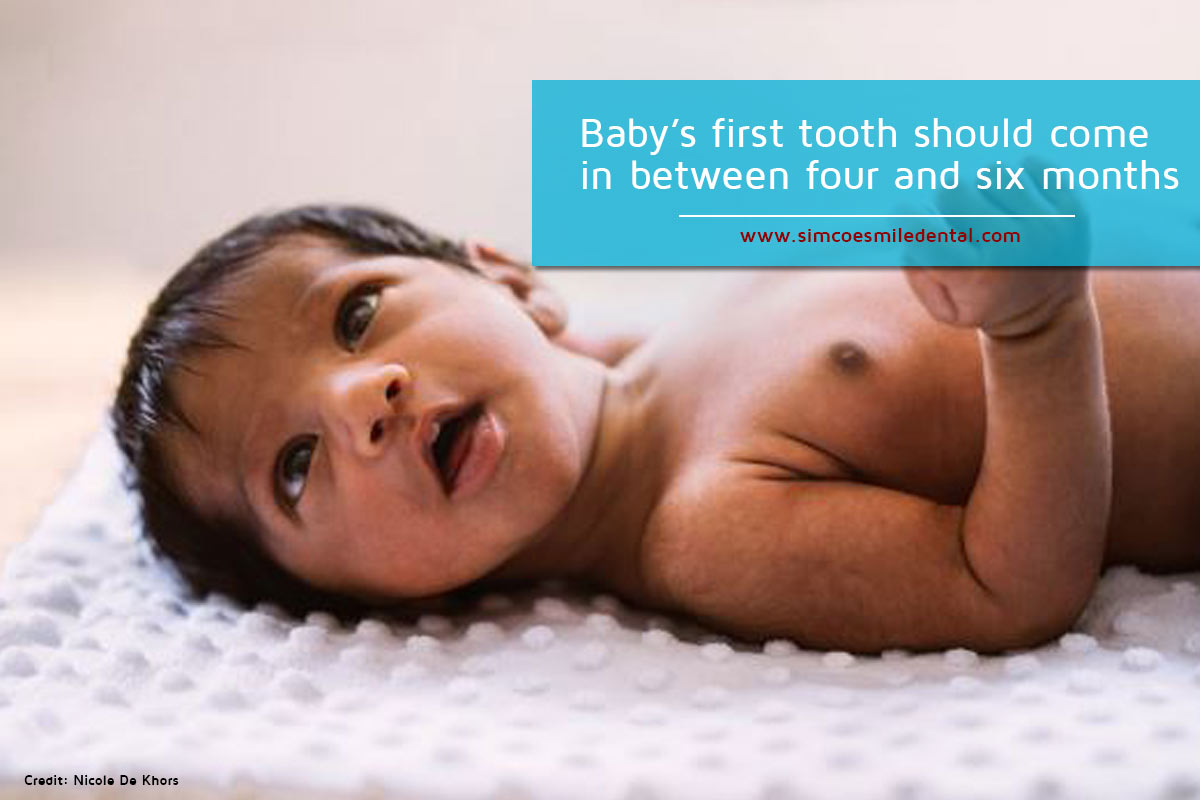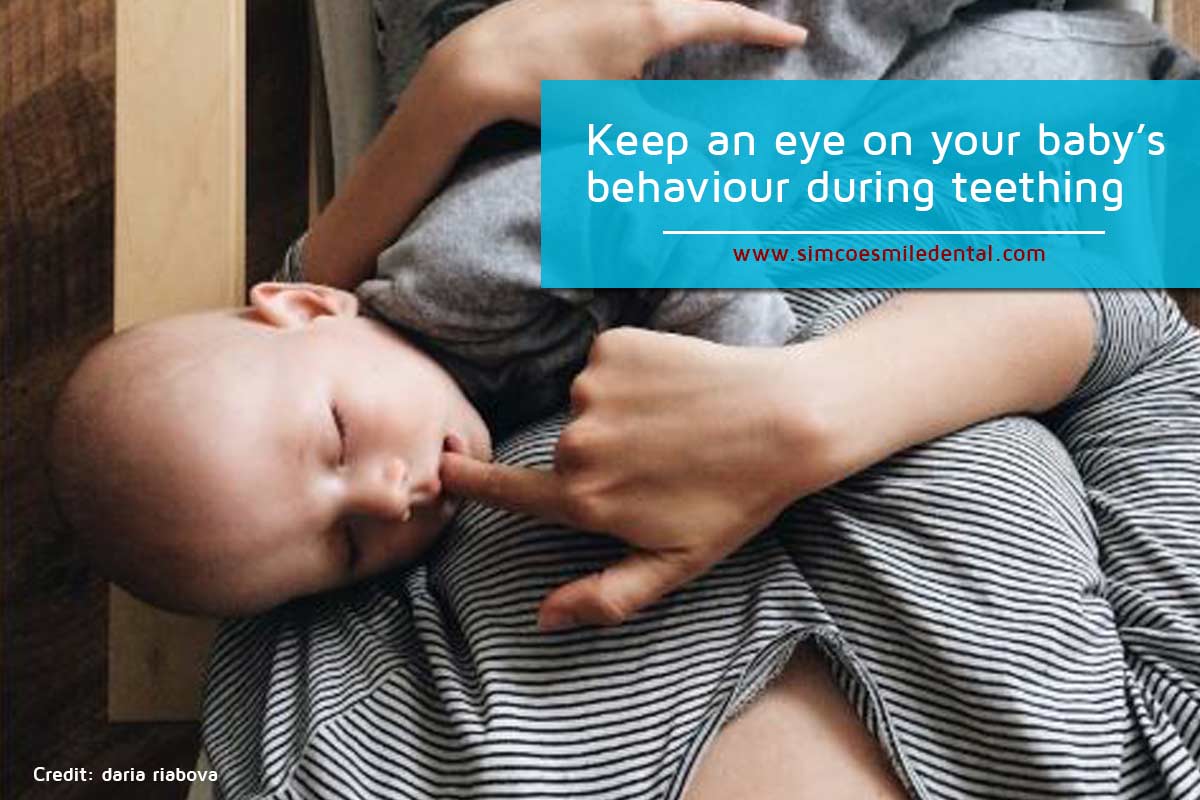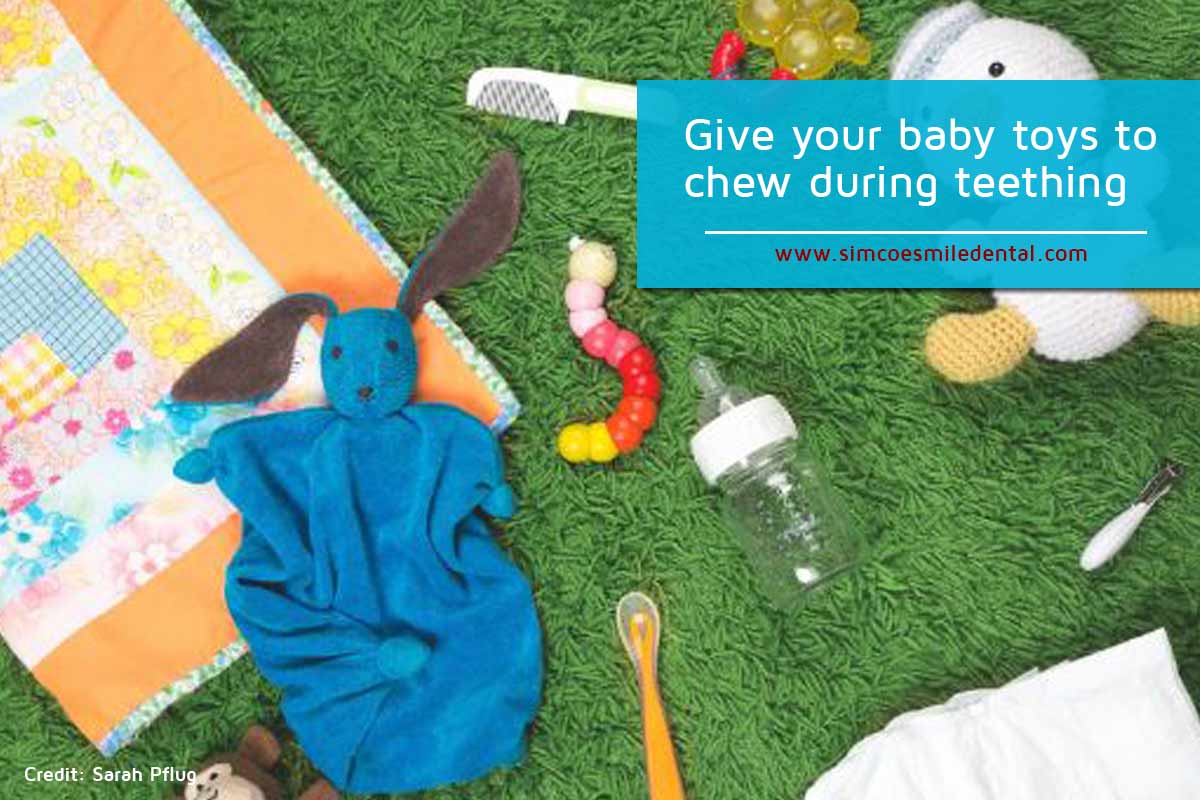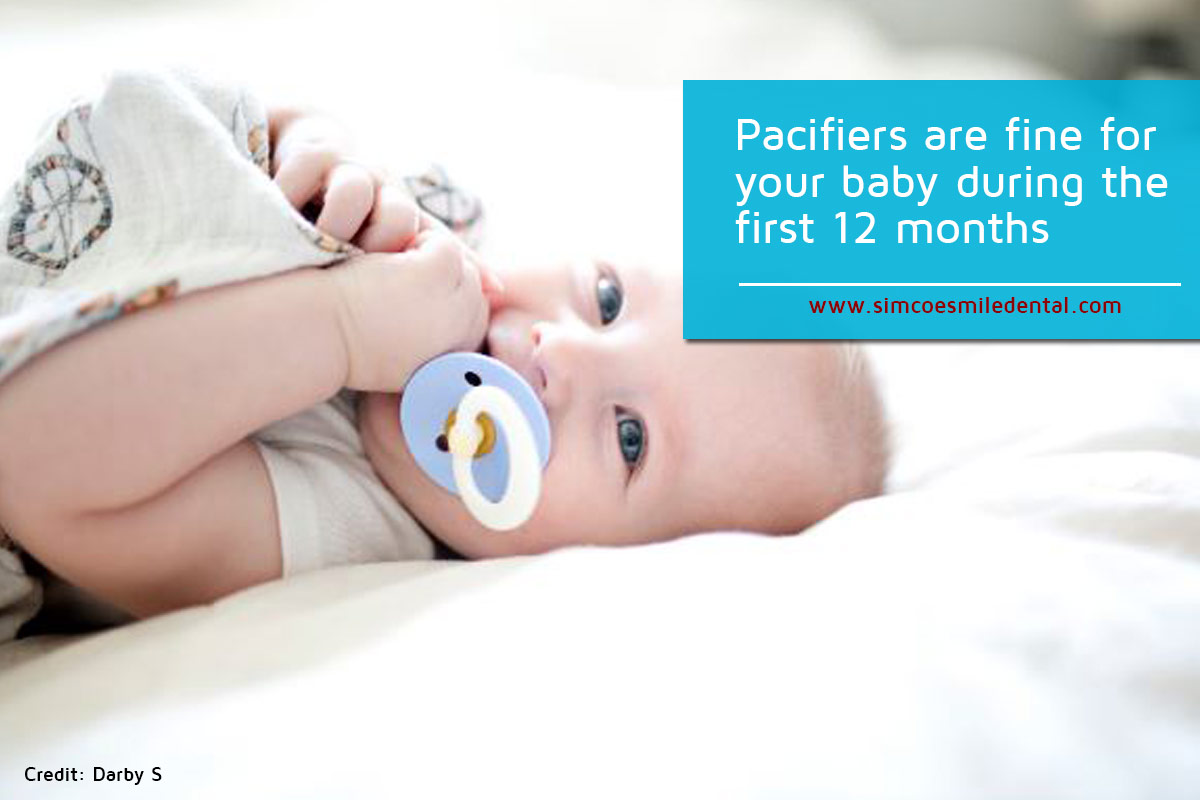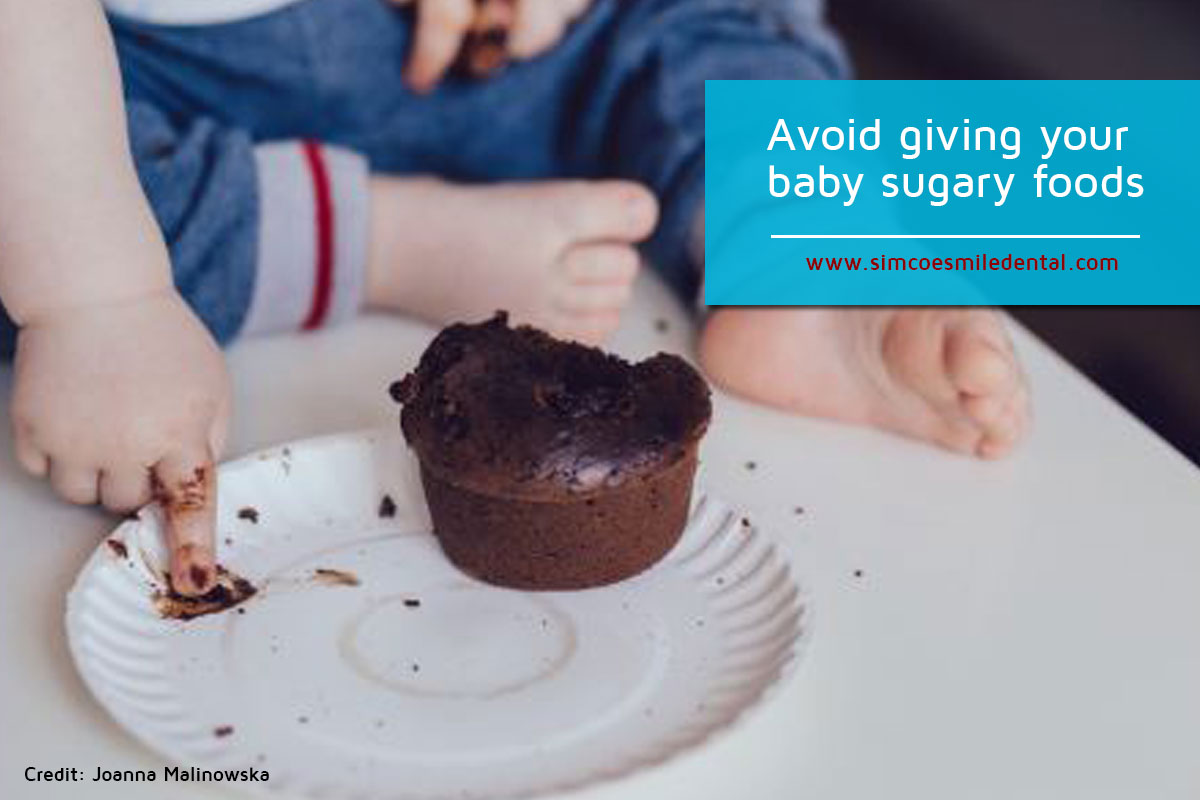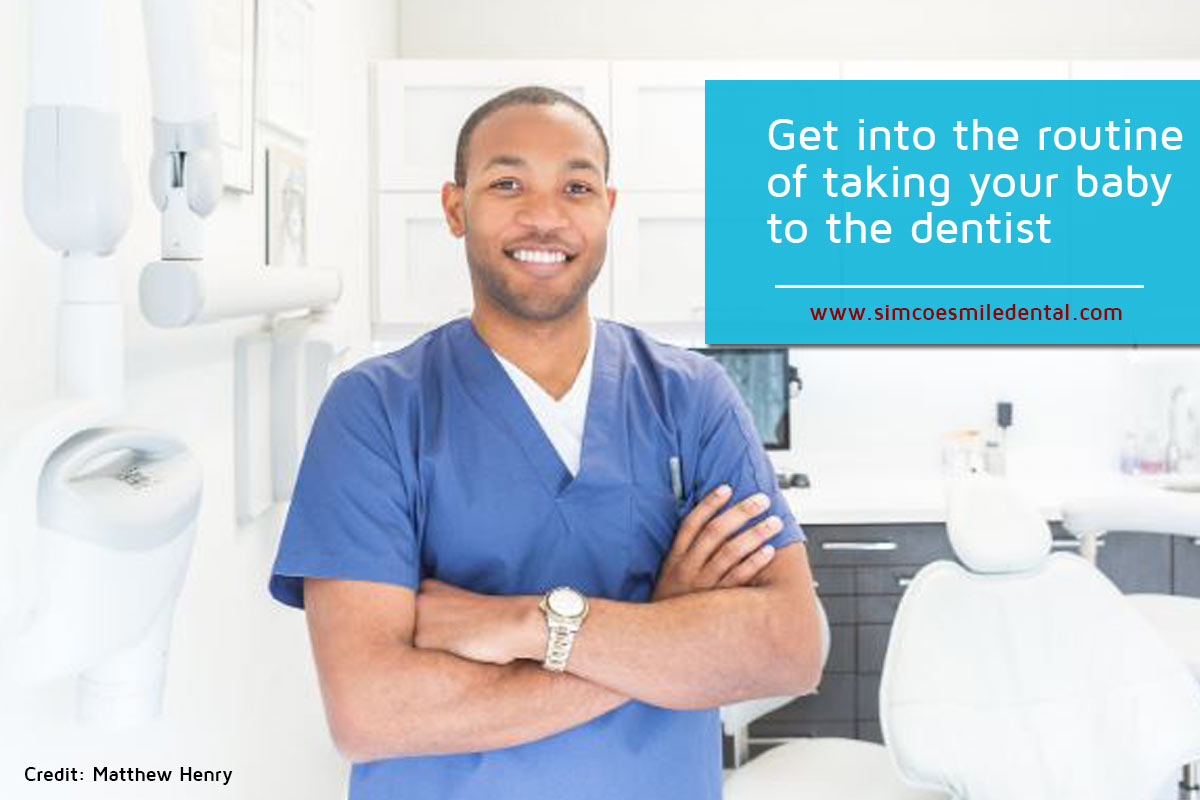Every mom looks forward to seeing their baby’s first toothy grin, but most feel lost when it comes to knowing the ins and outs of baby teeth.
The teething process for one can be a source of stress – for both baby and mom! How do you know if your baby’s teething, or if there might be something else more concerning to worry about? Then there’s the worry of looking after your tot’s little teeth once they’ve grown. You want to help prevent those pesky cavities from the get-go, after all.
Don’t worry; we’re here to help ease your concerns. Read on to learn what every new mom should know about baby teeth.
Understanding the Teething Process
Parents can usually expect their baby’s first tooth to grow between four and six months, though a late bloomer may not welcome the first tooth until up to fourteen months. It all comes down to family history; your baby’s first teeth will likely come in when yours first did.
When your baby’s teeth are growing, it’s important to understand the behaviour of your child. Sometimes your baby will simply be stressed with the pain of teething, while other symptoms may signify another problem. Here are some points to understand during the teething process.
- It’s crucial to let your baby chew to their heart’s extent while teething. Appropriate mouthing experiences allow teeth to erupt on time, fully formed, and in the proper sequence. Be sure to buy your baby a selection of appropriate toys so that he or she can experience chewing in different ways. Look for toys that are large enough so your tot can’t swallow them but are small enough so they can experiment moving them freely around the mouth.
- Common symptoms that you might expect to relate to teething may be an illness in disguise. Many people, including some health professionals, believe symptoms like fever, diarrhea, and a runny nose to be connected with teething. However, research shows that there isn’t a direct link. When a baby teethes, tears can occur in the gum as the tooth grows. These tears can work as a gateway for bacteria to enter your baby’s body to make them ill. If your baby has any of the symptoms above, be careful not to attribute them to teething. Take your tot to the pediatrician to rule anything more serious out.
- Likewise, although mild drooling is common in teething babies, excessive drooling isn’t. If your baby’s drooling a lot more than seems right, have the baby checked out by your pediatrician in case it indicates something more concerning.
- Lots of new moms worry about how the teething experience will affect their nursing relationship with their baby. Breastfeeding is one of the best methods of pain relief for your baby, offering an analgesic, soothing, and relaxing experience for them. If you’re concerned your baby will nibble – don’t panic! Babies can’t bite once latched on properly.
Tips for Caring for Baby Teeth
Your baby’s teeth have started growing, so now it’s crucial to start looking after them. Early preventative care is key to keeping your tot’s teeth cavity-free and clean.
- Once teeth start growing, clean them twice a day with a soft small-headed toothbrush and a tiny amount of toothpaste which is specially formulated for babies. Adult toothpaste is too harsh on babies’ teeth and shouldn’t be used until they’re at least three years old. Don’t worry if you don’t manage to brush much at first. The important part is to get into a routine and to get your baby used to the process. Set a good example by letting them watch you brush your teeth every day – it’s likely your tot will want to copy mom!
- Alternatively, some babies hate having their teeth cleaned, so you may have to be persistent. Try making it into a game to make the procedure more exciting. The easiest way to brush your baby’s teeth is to place them on your knee with their head resting against your chest. Brush the teeth in small gentle circles and encourage your baby to spit out the toothpaste afterward. Don’t worry about rinsing with water.
- It’s fine to give your baby a pacifier but only during the first twelve months of age. The use of pacifiers after this period can encourage open bite, which is when teeth shift to make space for the pacifier in the mouth. It can also potentially affect a baby’s speech development. If your baby requires a pacifier, you should discourage your baby from making sounds while it’s still in the mouth.
Preventing Problems
The most important aspect of looking after your baby’s teeth is preventing tooth decay. The leading cause of tooth decay is the consumption of too much sugar in the diet. Here’s how to avoid giving your baby too much sugar and how to prevent troublesome tooth decay.
- Once your baby starts consuming solids, be sure to avoid foods containing high amounts of sugar. This can include sweets, cakes, biscuits, fruit juices, squash, fizzy drinks, and any sugary homemade foods. Water and milk are good alternatives to sweet beverages.
- Instead of being tempted to treat or reward your baby with sweet foods, consider offering them toys and playthings instead. For example, stickers, hair slides, crayons, bubbles, and colouring cooks go down a treat. Remember to ask family and friends to do the same!
- If your baby is hungry for a snack between meals, opt for cheese, chopped up vegetables, or fruit. The sugars found naturally in fruit are less likely to cause tooth decay, so you don’t have to worry about cutting down on these types of sugars.
- If you feel that you really must treat your tot to the occasional sweet snack, only offer these at mealtimes.
- Never allow your baby to fall asleep with a bottle of breast milk, formula, or juice in the mouth. This is because the liquid can bathe the teeth in sugar for long periods, causing damaging effects on the teeth.
- If your baby requires medicine, ask if there’s a sugar-free option.
Going to the Dentist
New moms should start taking their baby to the dentist from an early age. This is an excellent idea for two reasons. Firstly, it’s good to check up on your tot’s baby teeth; and secondly, it helps get your baby into a familiar routine of going to the dentist.
Why not have your baby’s teeth checked up when you go for your dental appointments? This could make the process a whole lot easier.
Your dentist will advise when your baby should start having regular check-ups, but it’s usually between one and two years of age.
If you’re local to the Oshawa area and are looking for a dentist for your little one, consider making an appointment with us at Simcoe Smile Dental for a first check-up. Our friendly and welcoming staff work hard to make sure both you and your baby feel comfortable.

